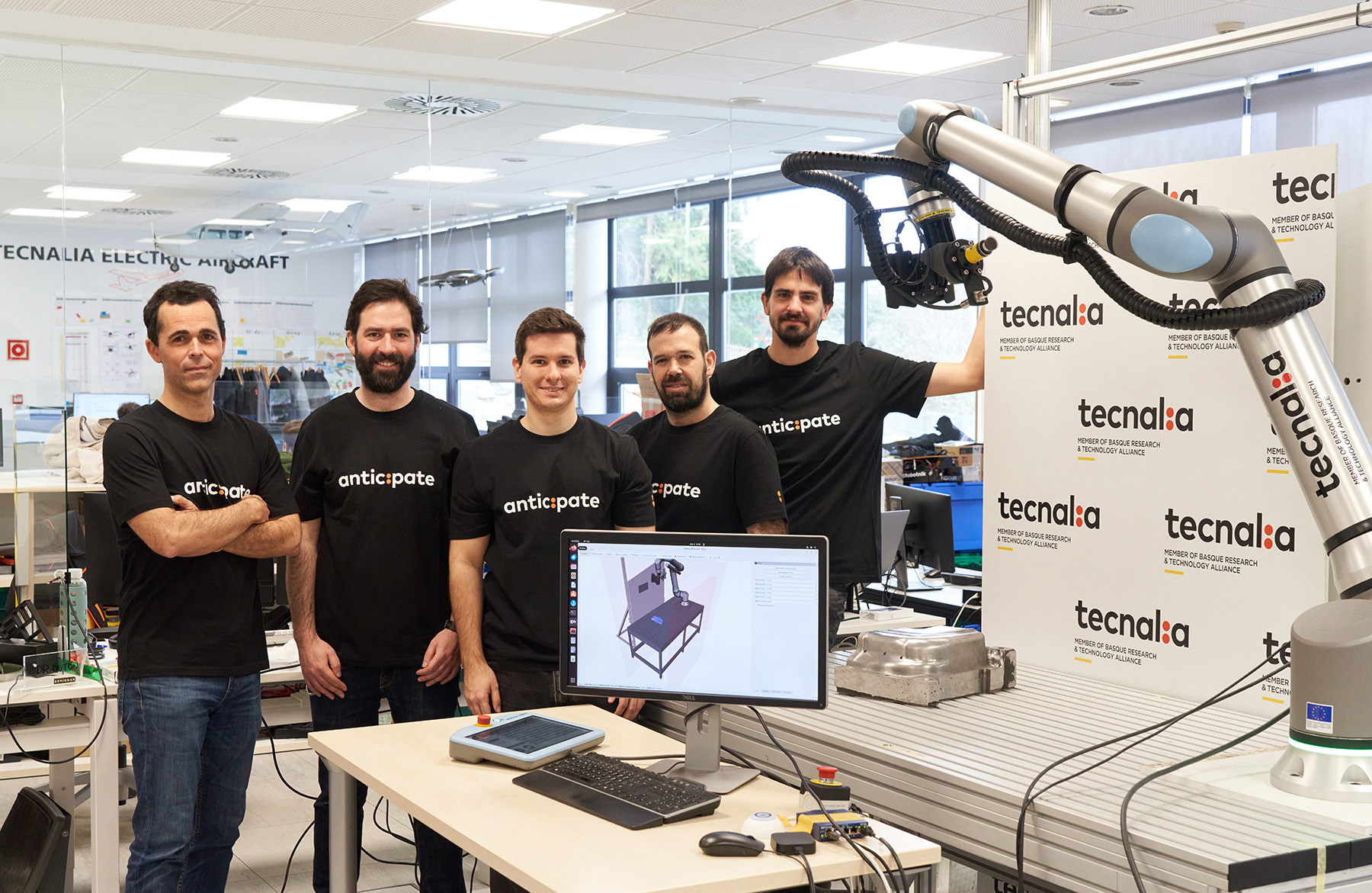“Experts in industrial innovation say that the factory of the future is already the factory of the present”
Automation, connectivity and flexibility are the three fundamental pillars that bring industry closer to the factory of the future.
Automation has become an essential requirement for the efficiency of modern factories. “A factory can be inefficient if it does not have a high level of automation”. This means that machines not only perform tasks, but also collect and analyse data in real time, allowing companies to proactively identify problems.
Connectivity is another crucial aspect. Instead of relying solely on maintenance personnel to detect faults, data is now extracted directly from the machines. It is about connecting people with machines, underlining the importance of integrating technology into day-to-day production. An innovative example is the use of virtual reality glasses by operators, who can perform remote maintenance tasks more efficiently.
Flexibility has become essential in an increasingly volatile market environment. “It is becoming increasingly difficult to predict our product sales,” so it is vital that factories adapt quickly to changing consumer demands.
With these developments, the industry is heading towards a future where open and adaptive systems integration will be key to success. Technology is not only redefining production, but also the way we interact with it.

